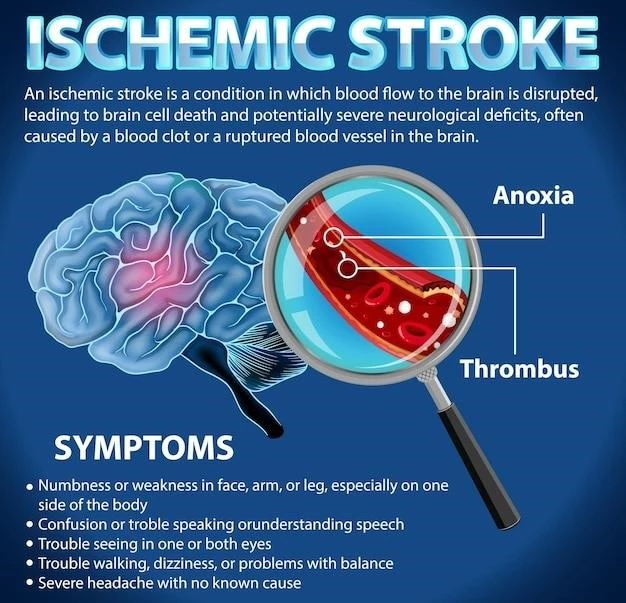Causes of Alveolar Capillary Dysplasia
The causes of Alveolar Capillary Dysplasia are primarily linked to genetic factors and
developmental abnormalities․
Genetic Factors
The genetic factors associated with Alveolar Capillary Dysplasia involve mutations in the FOXF1 gene, which plays a crucial role in lung development․ These genetic mutations disrupt the formation of alveoli and pulmonary capillaries, leading to the condition․
Developmental Abnormalities
Developmental abnormalities in Alveolar Capillary Dysplasia involve disruptions in the formation of alveoli and capillaries during fetal lung development․ These abnormalities can result from environmental factors or maternal conditions, impacting proper lung structure and function in affected individuals․
Symptoms of Alveolar Capillary Dysplasia
Common symptoms of Alveolar Capillary Dysplasia include respiratory distress, cyanosis,
and pulmonary hypertension․
Respiratory Distress
Respiratory distress is a prominent symptom of Alveolar Capillary Dysplasia, characterized by difficulty breathing, rapid breathing, and low oxygen levels․ Infants may show signs of gasping, flaring nostrils, and retractions when experiencing respiratory distress due to the condition․
Cyanosis
Cyanosis, a key symptom of Alveolar Capillary Dysplasia, is characterized by a bluish discoloration of the skin or mucous membranes due to low oxygen levels in the blood․ This condition manifests visibly in the lips, tongue, and extremities, indicating a lack of oxygenation in individuals affected by the disorder․
Pulmonary Hypertension
Pulmonary Hypertension is a critical symptom of Alveolar Capillary Dysplasia, where the blood pressure in the pulmonary artery becomes abnormally high․ This condition puts strain on the heart and can lead to serious complications, contributing to the severity of the disease and affecting the overall health of individuals with the disorder․
Diagnosis of Alveolar Capillary Dysplasia
Accurate diagnosis of Alveolar Capillary Dysplasia typically involves imaging studies and
genetic testing․
Imaging Studies
Imaging studies such as chest X-rays, CT scans, and echocardiograms play a crucial role in diagnosing Alveolar Capillary Dysplasia․ These tests help evaluate lung structure, blood flow, and heart function to aid in identifying characteristic abnormalities associated with the condition․
Genetic Testing
Genetic testing is instrumental in diagnosing Alveolar Capillary Dysplasia by identifying mutations in the FOXF1 gene․ This test helps confirm the genetic basis of the condition and can assist healthcare providers in providing appropriate management and counseling for affected individuals and their families․

Treatment Options for Alveolar Capillary Dysplasia
Treatment options for Alveolar Capillary Dysplasia may include oxygen therapy and lung transplantation․
Oxygen Therapy
Oxygen therapy is a primary treatment for Alveolar Capillary Dysplasia aimed at improving oxygen levels in the blood․ It involves providing supplemental oxygen through various methods to alleviate respiratory symptoms and support lung function in affected individuals to enhance their quality of life․
Lung Transplantation
Lung transplantation is a potential treatment option for severe cases of Alveolar Capillary Dysplasia where conventional therapies are ineffective․ This procedure involves replacing the diseased lungs with healthy donor lungs to improve respiratory function and quality of life in affected individuals, offering a chance for better long-term outcomes․
Prognosis and Life Expectancy with Alveolar Capillary Dysplasia
The prognosis and life expectancy with Alveolar Capillary Dysplasia vary depending on the severity of the condition and the effectiveness of treatment interventions․
Survival Rates
The survival rates for Alveolar Capillary Dysplasia can vary based on individual factors, with some cases experiencing high mortality rates in infancy despite treatment efforts․ Long-term survival largely depends on the severity of symptoms, response to therapies, and potential complications associated with the condition․
Long-Term Complications
Long-term complications of Alveolar Capillary Dysplasia may include chronic respiratory issues, pulmonary hypertension, developmental delays, and potential need for ongoing medical interventions․ These complications can significantly impact the quality of life and overall health of individuals living with the condition, requiring comprehensive management and support․
Research and Advances in Alveolar Capillary Dysplasia
Ongoing research is exploring new therapies and treatment strategies to improve outcomes for individuals with Alveolar Capillary Dysplasia․
Current Studies
Current studies on Alveolar Capillary Dysplasia focus on understanding disease mechanisms, genetic factors, and potential targeted therapies․ Researchers are investigating innovative approaches to improve diagnosis, treatment outcomes, and long-term quality of life for individuals affected by this rare and complex condition․
Promising Therapies
Emerging promising therapies for Alveolar Capillary Dysplasia include targeted gene therapies, innovative pulmonary interventions, and advancements in personalized medicine․ These novel approaches show potential in addressing the underlying causes and improving clinical outcomes for individuals with this rare and challenging condition․
Support and Resources for Alveolar Capillary Dysplasia Patients
Dedicated organizations and caregiver support groups offer valuable assistance to individuals affected by Alveolar Capillary Dysplasia․
Patient Organizations
Patient organizations dedicated to Alveolar Capillary Dysplasia provide essential resources, support networks, and educational materials for individuals and families navigating the challenges of the condition․ These organizations play a vital role in raising awareness, advocating for research, and enhancing the overall well-being of those affected․
Caregiver Support Groups
Caregiver support groups offer a compassionate and understanding environment for those caring for individuals with Alveolar Capillary Dysplasia․ These groups provide emotional support, practical guidance, and shared experiences to help caregivers cope with the challenges and responsibilities of supporting their loved ones affected by the condition․
Coping Strategies for Families Affected by Alveolar Capillary Dysplasia
Families coping with Alveolar Capillary Dysplasia can benefit from psychological support and family counseling to navigate the emotional challenges of the condition․
Psychological Support
Psychological support services offer families impacted by Alveolar Capillary Dysplasia guidance, therapy, and coping strategies to address the emotional toll of the condition․ Professional counselors and psychologists can provide valuable assistance in managing stress, anxiety, and grief related to caring for a loved one with this rare disorder․
Family Counseling
Family counseling offers a structured and supportive environment for families affected by Alveolar Capillary Dysplasia to address communication, decision-making, and emotional challenges․ By fostering open dialogue and providing strategies for coping as a family unit, counseling can strengthen relationships and resilience in the face of managing a complex medical condition․
